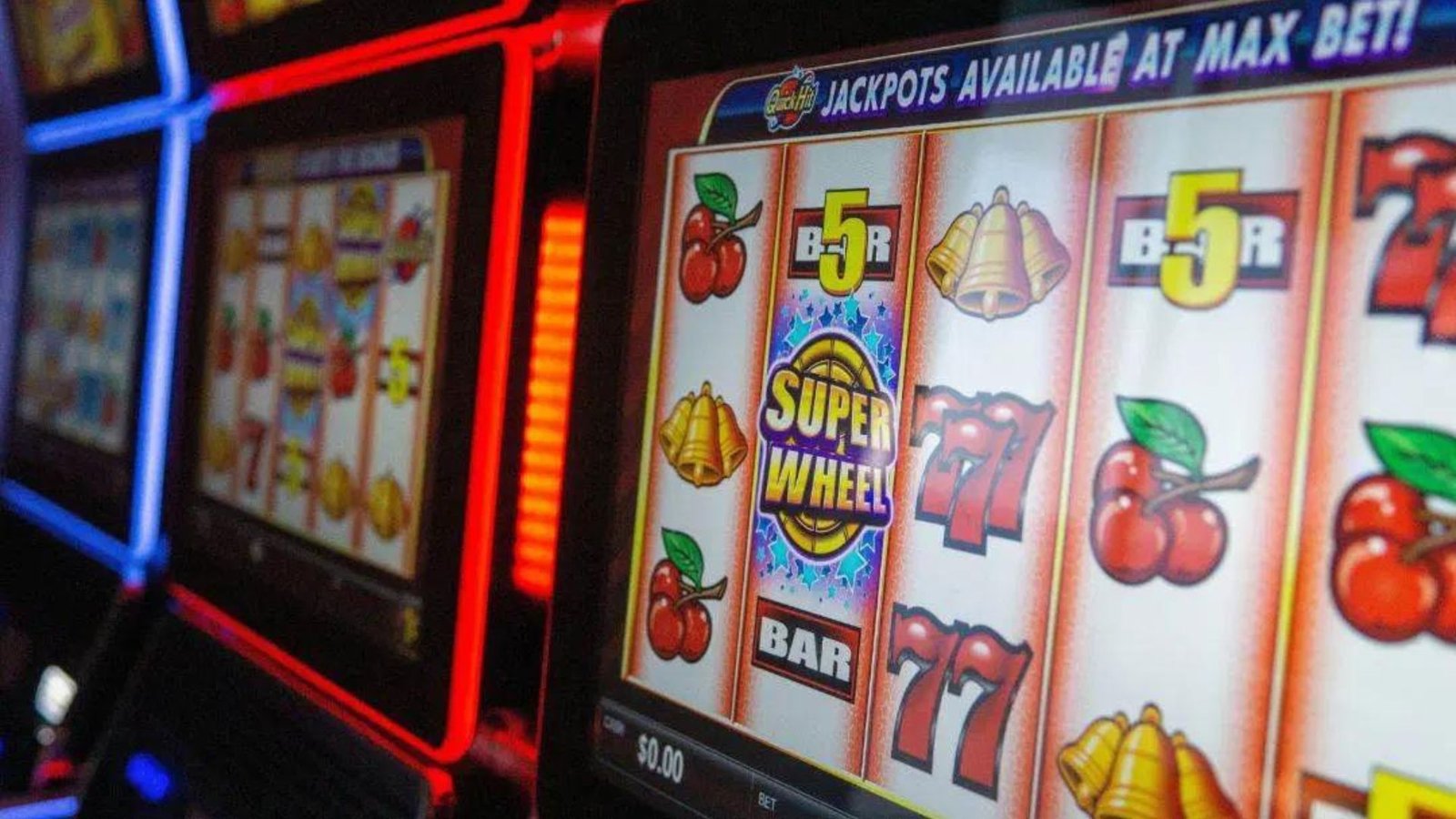Online slots have gained immense popularity in the world of online gambling, providing entertainment and the opportunity to win real money. However, to ensure fairness and protect players, online slots are subject to strict regulations and oversight. In this post, we will explore how online slots are regulated to provide a safe and secure gambling environment for players.
- Licensing and Regulation:
Online slot providers are required to obtain licenses from reputable regulatory bodies. We discuss prominent regulatory authorities such as the UK Gambling Commission, Malta Gaming Authority, and Gibraltar Regulatory Authority, which set strict standards and guidelines for online slot operators.
- Random Number Generators (RNG):
To ensure fairness, online slots utilize Random Number Generators (RNG). We explore the importance of RNG in generating random and unbiased outcomes, preventing manipulation or predictability of slot results.
- Auditing and Testing:
Independent auditing and testing agencies play a vital role in regulating online slots. They regularly assess the fairness and integrity of games, reviewing RNG algorithms and payout percentages. We discuss prominent auditors like eCOGRA, ensuring transparency and fairness in online slot operations.
- Responsible Gambling Measures:
Player protection is a key aspect of online slot regulations. We delve into the responsible gambling policies and measures implemented by online casinos, including age verification, deposit limits, self-exclusion options, and resources for problem gambling support.
- Data Protection and Security:
Online slots must adhere to robust data protection and security measures. We discuss the importance of encryption technology, secure payment processing, and strict privacy policies to safeguard players’ personal information and financial transactions.
- Complaint Resolution and Dispute Mediation:
In the event of disputes between players and online slot operators, regulatory bodies provide a platform for complaint resolution. We explore the role of these bodies in mediating disputes and ensuring fair resolutions.
- Ongoing Regulatory Compliance:
Regulatory bodies conduct ongoing monitoring and compliance checks on online slot operators. This includes regular audits, inspections, and enforcing penalties for any violations. We highlight the significance of continuous oversight to maintain fair and player-focused online slot operations.
Conclusion:
Regulations and oversight are essential in creating a safe and fair online gambling environment for players, particularly in the realm of online slots. Through licensing, RNG technology, auditing and testing, responsible gambling measures, data protection, and dispute resolution mechanisms, online slot regulators strive to ensure fairness, transparency, and player protection. By playing at licensed and regulated online casinos, players can enjoy online slots with confidence, knowing that their interests are safeguarded and their gaming experience is both entertaining and fair.












sAybN hdnV YcNVYT BrMm aCvroA RFDQm ouI
Your point of view caught my eye and was very interesting. Thanks. I have a question for you.